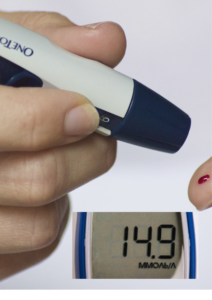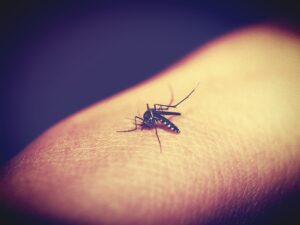Deworming is the process of eliminating parasitic worms from the human body. These parasites, often found in the intestines, can wreak havoc on your health if left untreated.
The objective of deworming is to eradicate these worms, preventing potential health problems.
Common Intestinal Worms
Several types of intestinal worms can infest the human body. The most common ones include
- Roundworms
- Tapeworms
- Hookworms
- Pinworms
These parasites can enter your body through contaminated food, water, or contact with an infected person.
Complications of Worms
If left untreated, parasitic infection can result in various health complications. These include
- Internal bleeding resulting in anemia
- Intestinal obstruction
- Inflammation of intestines
- Diarrhea
- Poor digestion of food and absorption of nutrients
- Organ damage in severe infection
Regular deworming helps prevent these problems and reduces the burden of worms.
Signs You Need to Deworm
How do you know if you need to deworm? Look out for signs such as
- Unexplained weight loss
- Persistent fatigue
- Bloating, diarrhea
- Itching around the anus (especially at night)
- Visible worms in stool.
How Often Should You Deworm?
According to the World Health Organization (WHO), it is recommended you deworm two times a year or every 6 months starting at the age of 2 years.
Which Medications Are Used for Deworming?
Common deworming medications include albendazole and mebendazole.
You should take a single dose of (400 mg) albendazole or (500 mg) mebendazole.
Children younger than 24 months should take a half-dose of albendazole, 200mg.
How Can I Prevent Getting Worms?
Preventing worm infections is as important as deworming.
Here are some preventive measures
Practice Good Hygiene: Wash your hands thoroughly before eating and after using the toilet. Teach children the importance of handwashing.
Cook Food Thoroughly: Ensure that food such as meat, fish, and poultry are cooked properly.
Drink Safe Water: Drink only clean, purified water, or boiled water.
Avoid Soil Contamination: Be cautious while gardening or playing in soil, as it can harbor worm eggs.
Shoe Wearing: Encourage wearing shoes, especially in areas where walking barefoot can increase the risk of worm infections.
I Am Pregnant, Should I Deworm?
Yes. According to WHO, deworming is recommended for pregnant women after the first trimester, that is, the first 3 months.




